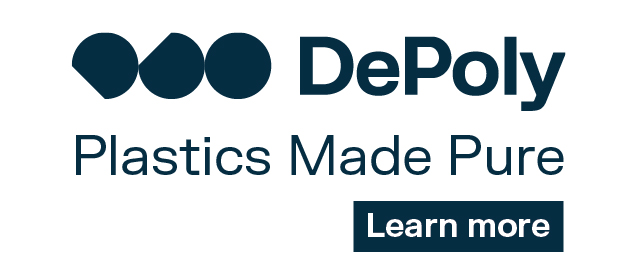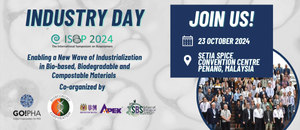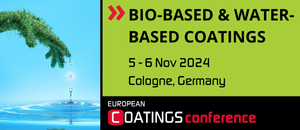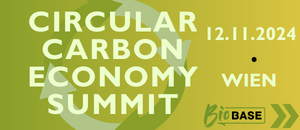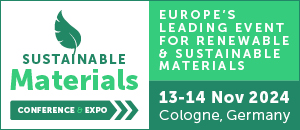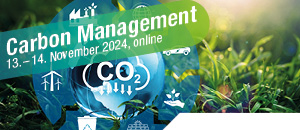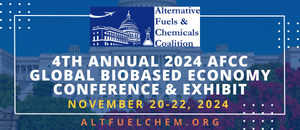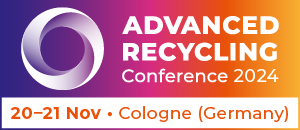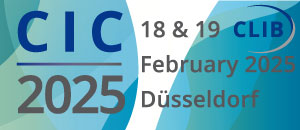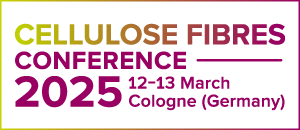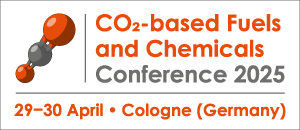γ-Lactam is an organic chemical compound, which is an inhibitory neurotransmitter. This means that CO2, which is frequently produced anyway, can be put to good use. Valuable chemicals and pharmaceuticals can be combined with this CO2.

The paper „Straightforward synthesis of functionalized γ-Lactams using impure CO2 stream as the carbon source“ discusses a new method for using CO2, a common greenhouse gas, in the synthesis of valuable chemicals and pharmaceuticals. „Traditional approaches have focused on using pure CO2gas, but we propose a novel idea that utilizes impure CO2 streams, such as those from industrial flue gas or car exhaust gas“, explains Prof. Dr. Shoubik Das, Chair of Organic Chemistry I at the University of Bayreuth. „The main motivation behind this approach is to reduce the air pollution caused by the accumulation of CO2 and the cost and energy associated with the purification of CO2.“
The paper introduces a specific application of this method for producing γ-lactams, which are essential components in various natural products and pharmaceuticals. „We aim to streamline the synthesis of γ-lactams from readily available materials, like amines and alkenes, while using impure CO2 as a carbon source“, says Das. The significance of this research lies in its potential to provide a more straightforward and sustainable way to produce valuable compounds from waste such as CO2. The authors emphasize the environmental and economic benefits of their approach, making it a noteworthy contribution to the field of CO2 utilization in chemical synthesis.
With this new approach, Prof Das and his team want to develop a sustainable strategy to reduce global warming and air pollution caused by CO2. The Bayreuth scientists Yuman Qin, Suman Pradhan, Rakesh Maitin and Shoubhik Das are hoping for three effects:
- Environmental impact: by using impure CO2 streams, the process offers a more environmentally friendly way to utilise exhaust gases, contributing to efforts to reduce greenhouse gas emissions.
- Cost efficiency: The approach aims to minimise the costs associated with the purification of CO2, which could make the synthesis of important chemicals and drugs more cost-effective in the long term.
- Pharmaceutical development: The specific application of this method to produce γ-lactams, essential components of pharmaceuticals, suggests a simpler and more sustainable route to drug synthesis. This could have a downstream impact on the pharmaceutical industry and potentially lead to more accessible and affordable medicines.
This could benefit the chemical industry, environmental sciences and drug research. “A method has been discovered that uses impure CO2 streams and enables a breakthrough in the synthesis of valuable chemicals and pharmaceuticals,” emphasises Prof. Das.
The research was carried out with the support of the Chinese Scholarship Council, the Flemish Research Foundation (FWO), the Francqui Foundation, the Odysseus grant and the FWO research project grant and together with researchers from the University of Antwerp.
Original Publication
“Straightforward synthesis of functionalized γ-Lactams using impure CO2 stream as the carbon source”, Yuman Qin, Robin Cauwenbergh, Suman Pradhan, Rakesh Maiti, Philippe Franck & Shoubhik Das; Nature Communications volume 14, Article number: 7604 (2023)
DOI: https://doi.org/10.1038/s41467-023-43289-w
Source
Universität Bayreuth, press release, 2023-11-27.
Supplier
Chinese Scholarship Council
Flemish Research Foundation (FWO)
University of Antwerp
University of Bayreuth
Share
Renewable Carbon News – Daily Newsletter
Subscribe to our daily email newsletter – the world's leading newsletter on renewable materials and chemicals





